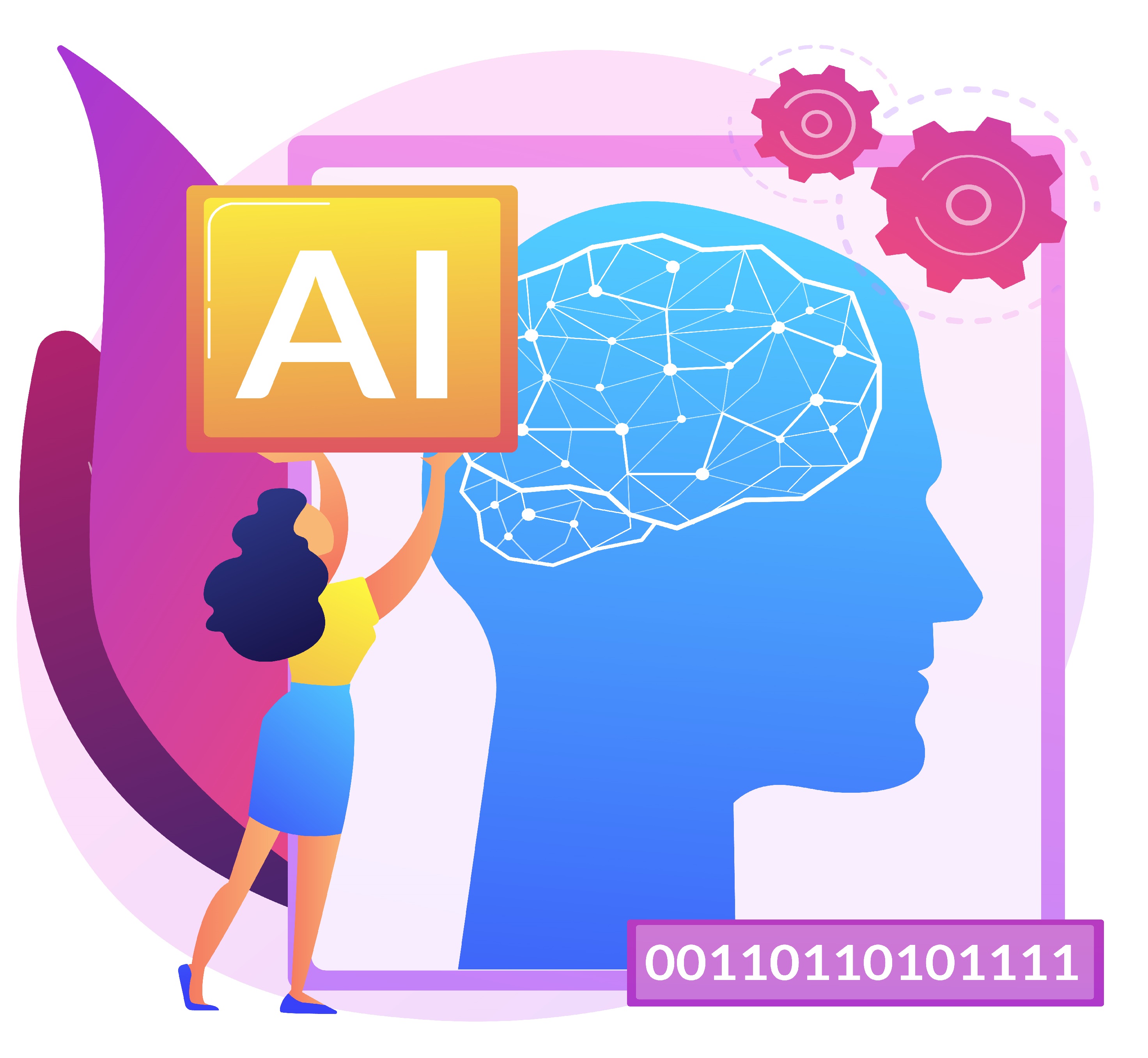In recent years, artificial intelligence (AI) has emerged as a transformative force that is reshaping the world as we know it. With its ability to simulate human intelligence and perform tasks that once required human intervention, AI has become a driving force behind the rapid transformation of various industries and sectors. This article delves into the profound impact of AI on a transforming world, exploring its potential, challenges, and implications for the future.

1. Redefining Industries and Economies
The impact of AI on industries has been revolutionary, reshaping traditional practices and giving rise to new possibilities. In manufacturing, AI-powered robots have not only streamlined production lines but also improved precision and efficiency, reducing costs and enhancing product quality. The transportation sector has witnessed the advent of self-driving vehicles, promising safer roads and reduced traffic congestion.
AI is also revolutionizing the healthcare industry, from diagnosis to personalized treatment plans. Through machine learning algorithms, AI can analyze vast amounts of medical data, leading to more accurate diagnoses and better patient outcomes. Moreover, AI-powered virtual assistants have transformed customer service, enhancing efficiency and enriching user experiences across various sectors.
2. Empowering Data-driven Decision Making
AI’s ability to process and analyze massive datasets has empowered organizations and governments with data-driven decision-making capabilities. Through predictive analytics and pattern recognition, AI can identify trends and insights that were previously inaccessible, enabling businesses to make informed decisions and create strategies for growth and innovation.
In finance, AI-driven algorithms are revolutionizing the way financial institutions handle risk assessment and fraud detection. By processing real-time data, AI can spot anomalies and potential risks, leading to more secure financial transactions and preventing fraudulent activities.
3. Advancing Healthcare and Research
The impact of AI in healthcare extends beyond diagnostics. AI-powered drug discovery has accelerated the identification of potential treatments for various diseases, significantly reducing the time and resources required for drug development. In addition, AI plays a pivotal role in genomics research, analyzing vast genetic data to identify potential genetic markers for diseases and predict individual health risks.
The integration of AI with medical devices, such as wearable health monitors, has empowered individuals to take control of their health by tracking vital signs and notifying potential health issues in real-time. AI-driven precision medicine is paving the way for personalized treatment plans tailored to each patient’s unique genetic makeup and health history.
4. Addressing Environmental Challenges
In the face of mounting environmental challenges, AI has emerged as a powerful ally. AI-powered analytics can process data from satellites, sensors, and other sources to monitor environmental changes, such as deforestation, air pollution, and climate patterns. This real-time data can help scientists and policymakers make informed decisions to mitigate the impact of climate change and preserve biodiversity.
AI is also driving innovations in renewable energy. Through predictive modeling, AI can optimize the performance of solar and wind power systems, improving energy efficiency and contributing to a greener future.
5. Impact on the Workforce
While AI promises significant advancements, it also raises concerns about job displacement. As AI and automation continue to evolve, certain job roles may become obsolete. However, history has shown that technological advancements have also created new job opportunities. AI will likely lead to the creation of roles focused on developing, implementing, and maintaining AI systems, as well as jobs centered around creativity, emotional intelligence, and complex problem-solving, areas where machines struggle to match human capabilities.
6. Ethical Considerations and Bias
As AI becomes increasingly integrated into our lives, addressing ethical considerations and mitigating bias are paramount. AI algorithms are only as unbiased as the data they are trained on. Biased datasets can perpetuate societal prejudices and lead to unfair outcomes, such as biased hiring practices or discriminatory loan approvals.
Ensuring ethical AI requires a commitment to diverse and inclusive data collection, ongoing monitoring, and periodic audits of AI systems. Implementing ethical guidelines and regulations will play a vital role in harnessing AI’s potential for the greater good.
Conclusion
The impact of AI on a transforming world is far-reaching and multifaceted. From revolutionizing industries to empowering data-driven decision-making, advancing healthcare and research, and addressing environmental challenges, AI is shaping a more efficient, sustainable, and innovative future.
However, it is crucial to address the ethical considerations and potential job displacement that come with AI’s rise. Striking a balance between technological progress and human values will be instrumental in leveraging AI’s potential to create a positive and transformative impact on our world. By fostering responsible AI development and deployment, we can unlock the full potential of artificial intelligence for the betterment of society as a whole.
Related Articles:
1. How artificial intelligence is transforming the world
2. What Is The Impact Of Artificial Intelligence (AI) On Society?
3. AI Transforming The World



